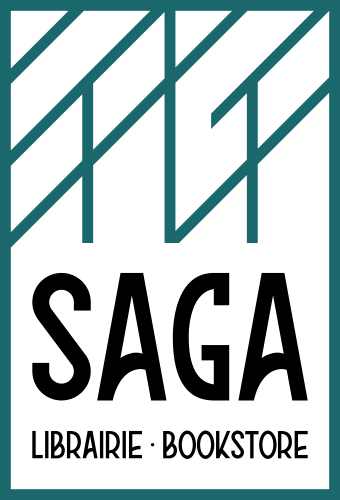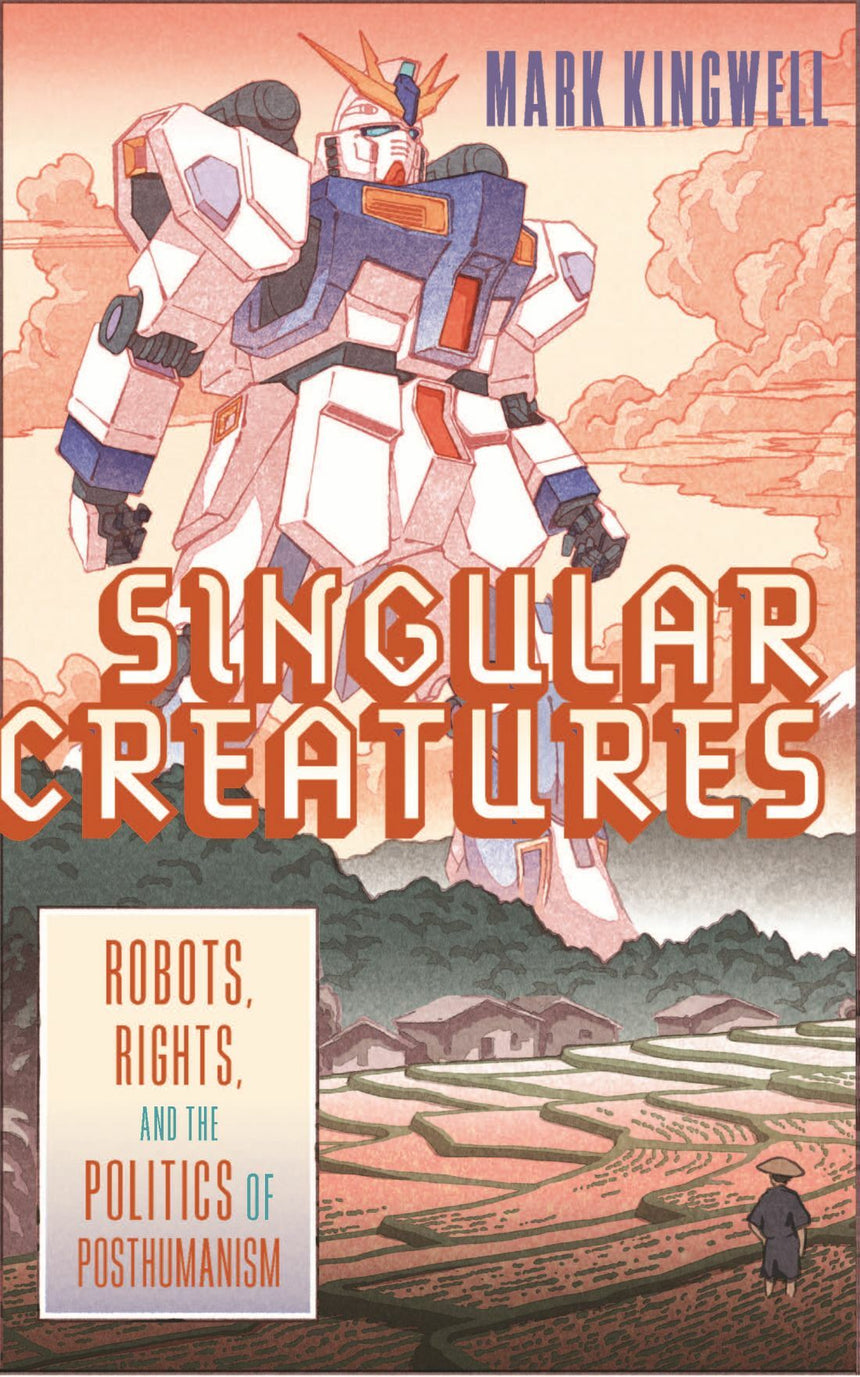Singular Creatures
$29.95The source of this anxiety is clear. Non-human conscious entities may turn out to be superior to any biological form of life, allowing a stride across human ambition in a moment dubbed “the Singularity” by AI insiders. This is the turning point when non-human entities advance and reproduce in a manner that surpasses and subjugates biological forms of intelligent life. Although today’s artificial intelligences fall notably short of this level of sophistication, Mark Kingwell argues that we are already more than human in important ways, and likely to become more so as time goes on. In Singular Creatures Kingwell plumbs the depths of cultural and political meaning in the apparent transition to posthuman life. Our immersion in technology, now comprehensive to the point of invisibility, has altered forever what it means to be alive. The politics of posthumanism flow directly from our own situation, at once dependent on technology and afraid of its effects on current and future experiences.
More than a century after playwright Karel Čapek coined the word robot – rooted in the Czech robota, meaning “servitude” or “drudgery” – in his 1920 allegory about the alienation of forced labour leading to a violent workers’ revolt, Čapek’s central question continues to haunt us. Can humans and their own creations co-exist in a new cyberflesh world, or is a struggle for superiority inevitable? Singular Creatures is an attempt at sketching the field before any deadly battle is joined.



